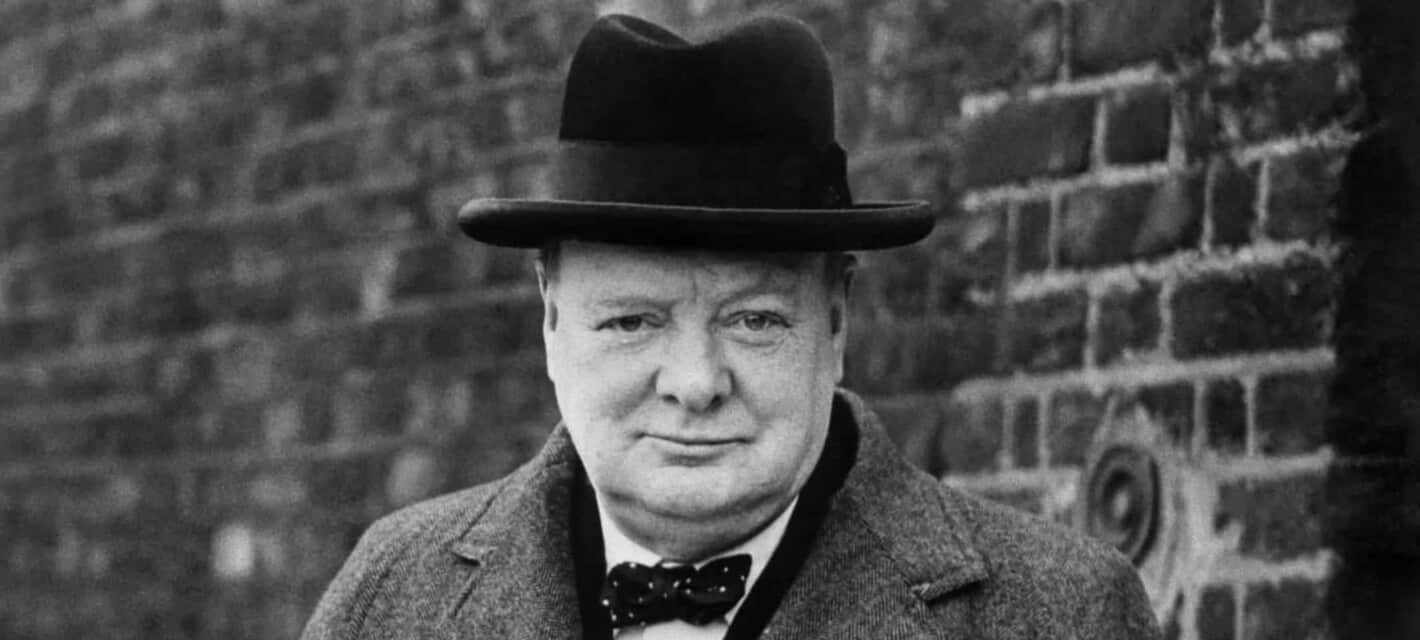Members of the French Resistance have gone down in history as brave souls who were willing to sacrifice their lives for their country. Their activities are well documented. But did you know that Britain also had resistance? It was set up in total secrecy in 1940 when Britain was at risk of a Nazi invasion. Victory at the Battle of Britain in October 1940 ensured the volunteers of the Auxiliary Units never had to fight, but they were ready to die for the cause.
Guerrilla Warfare
It was the summer of 1940. Britain was in chaos after the retreat at Dunkirk, and a Nazi invasion seemed inevitable and imminent. Prime Minister Winston Churchill attempted to rouse the country with a series of energetic speeches, but behind the scenes, he was worried. He knew the Nazis were planning an invasion and he started preparing for the eventuality. Churchill ordered the formation of a guerrilla movement that would harass the Germans from behind their lines. Approximately 3,500 men were recruited for the cause.
After Dunkirk, Churchill was concerned that Britain was almost defenseless, so he felt the need to prepare a specially trained unit for a last stand against the Nazis. The volunteers didn’t exist in an official sense and used the Home Guard as cover for their training. They were called the Auxiliary Units, and details of their activities didn’t come to light until the 1960s. Much to the chagrin of survivors and relatives of these soldiers, the British Government still doesn’t acknowledge the role of the Unit. However, veterans from the 640 patrols finally received some recognition in 2013 when they took part in a Remembrance Sunday parade.

Secret Bravery
The Auxiliary Units were formed in July 1940 in the midst of the Battle of Britain; a significant conflict during World War II where the Germans tried and failed to gain control of British airspace. Hitler’s plans for Operation Sea Lion, the invasion of Britain, were ready once Germany took control of the skies. If they were successful in the Battle of Britain, the Nazis believed Britain could be conquered within a month.
With Britain in dire straits, Churchill launched his resistance plan with Coleshill House near Swindon picked as guerrilla HQ. Colonel Colin McVean Gubbins was selected as the leader of the Auxiliary Units. He was a World War I veteran, an expert in the use of explosives and had written a handbook on the use of guerrilla tactics.
The volunteers were divided into small patrols of six men; each group had a leader, and the troops knew their surrounding area like the back of their hand. The majority of volunteers were poachers and farmers with the ability to live off the land. The Auxiliary Units focused on the coastal parts of Britain as they would obviously be the first point of contact with the enemy. The network stretched from Cornwall to Scotland, and every single man was prepared and ready to die to protect their country.

